On Wednesday November 11, 2020 the NPS17 Webinar on Circularity was being held. It was the second one in a series of four webinars on the over-arching theme ‘Sustaining the Future’, organized by the TU Delft with support from ISPT to compensate for the physical event, that was postponed to 2021 due to Covid-19.
Moderator
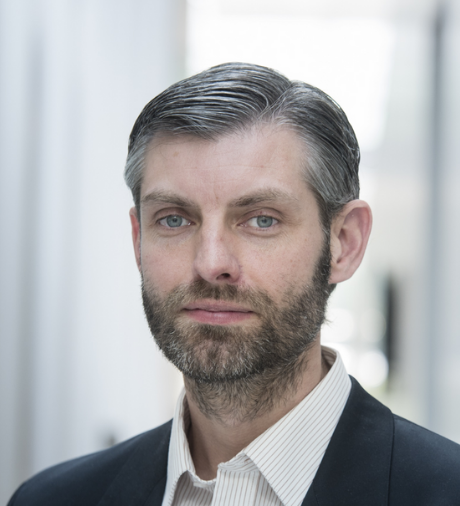
Kees Roest
KWR, ISPT
Keynote
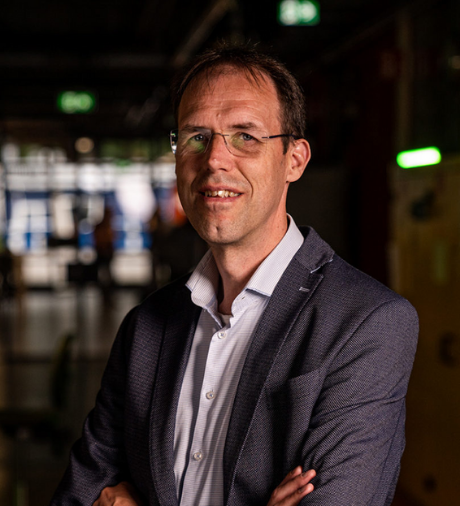
Wim Brilman
University of Twente
Circularity is a familiar concept in nature that has evolved into a guiding principle for society and industry. The webinar on circularity is moderated by ISPT’s Kees Roest and the keynote speaker is professor Wim Brilman from the University of Twente.
Drivers
When do we call something circular? According to Brilman circularity is about how we sustainably use and re-use the planet’s resources without compromising the biosphere. He thinks that there are two drivers for circularity, scarcity in the economy and climate change, ‘and the first prerequisite is data collection. Data that is not only accurate, but also up-to-date.’
Not all industries will be able to adapt easily to renewable resources. ‘In construction much can be done with biobased and recycled material, but for others we need to design for recycling. We also need to change from ore mining to urban mining.’ Consumer behavior is crucial, but there are other vital aspects, ‘like avoiding mixed waste, especially metals, that are very difficult to separate. That is why we need to design for more concentrated waste streams. Still, there are large differences, even within Europe, so you have to make a decision on the geographical level you want to realize your recycling system on.’
There are also huge differences in the various materials. Iron and steel, paper and glass all have a high recycling percentage, whereas plastics (19%) and indium (9%) still have large potential for gain. ‘In Europe we reduced our plastic use, but worldwide the plastic production is still growing. Challenges are the collection, the sorting of mixed plastic waste, impurities, too many non-plastics or wrong plastics, because the technologies aren’t good enough yet to process that.’
Direct air capture
And then there is our carbon production. Brilman’s view is clear: ‘We don’t need all the carbon we are currently emitting, and to get away from that system we need to remove fossils from the energy mix, and store any excess carbon that we do produce.’ Europe is doing well in that area, but to close the carbon cycle we need negative emissions.’
Brilman’s main area of expertise, direct air capture, ‘is a very intense way of harvesting carbon from the atmosphere, that also has a many other recycling applications, like greenhouses wherein direct air capture can replace fossil energy completely, or to ease the Dutch energy transition by replacing natural gas with synthetic gas.’ His main question: can direct air capture solve the climate change issue? ‘To capture all carbon emissions we will need an installation ten times as long as the Chinese Wall,’ he says. ‘We can also achieve a lot by reducing our energy use, but nevertheless, it’s not impossible. A prerequisite is that all carbon dioxide must be stored.’
Panel
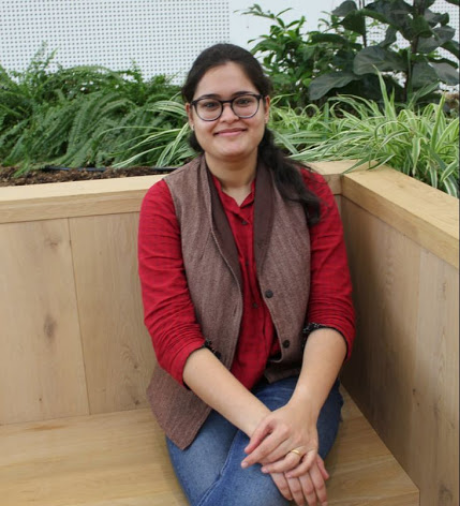
Divya Bohra
TU Delft
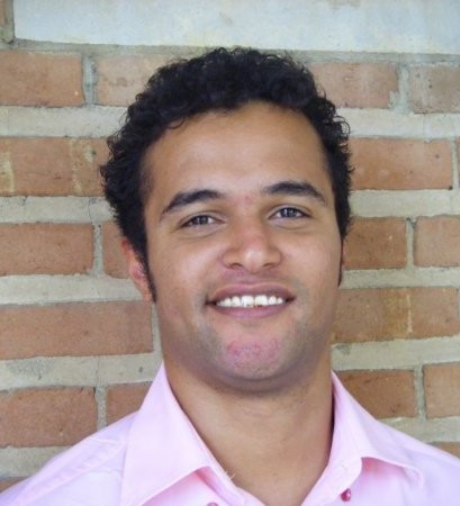
Natnael Behabtu
DuPont
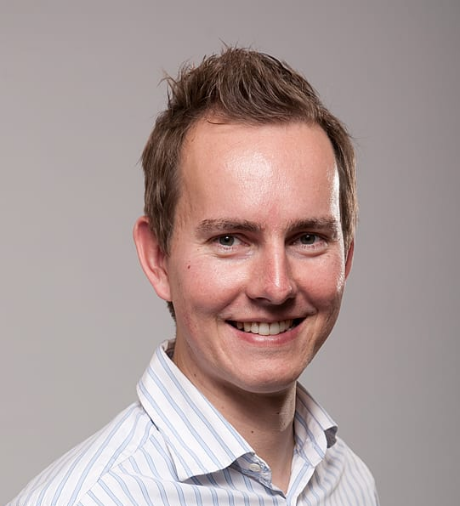
Chris Slootweg
University of Amsterdam
Panel discussion
Brilman joins the panel with Chris Slootweg (University of Amsterdam), Divya Bohra (TU Delft) and Natnael Behabtu (DuPont). They will discuss three multiple choice questions, starting with what is most important for circularity. Possible answers are biobased materials, designing reusable products, (plastic) material recycling, carbon capture and utilisation, and minimizing the use of scarce materials.
The audience chooses designing reusable products. Bohra agrees, but she also believes that not emitting carbon is even more important. Slootweg thinks that not emitting carbon is quite difficult as a society, instead he would choose a full synergy between designing reusable products and recycling of materials. Attendee Andreas ten Cate also likes to add another answer: sufficient renewable energy, ‘because recycling takes a lot of energy. And we can only apply the solutions at large scale if we can power them.’

“We need to add value, then the customer will return it”.
Chris Slootweg, University of Amsterdam
The second question concerns the main issue that we have to overcome in the re-use of materials. Behabtu wonders if we need to be circular in everything, because the free market hampers such an effort so much. Slootweg says that we need to be as circular as possible, ‘definitely to solve global waste issues connected to carbon, and nutrient imbalances.’ Attendee Onno Kramer says that we also have to look beyond industrial solutions, such as looking at how citizens behave. ‘I like all answers, but it’s an issue of mentality. We can see it with covid as well, it’s really hard to change from a linear to a circular economy.’ Moderator Roest agrees that a combination of solutions is needed. Attendee Kroeze thinks it starts with setting rules, like with bottle deposits. Slootweg answers that we need to add value, ‘then the customer will return it.’ Bohra pleads for an integrated recycling system.
The final question is the big one: how does a future circular economy look like? Will we have learned everything from nature? Are all stages considered in R&D projects? Do we have full transparency on the composition and recyclability of products? Is a different appearance of recycled products is fully accepted in society? Or will production meet demand, instead of driving demand? Attendee Arjen van Nieuwenhuijzen thinks we need more data to achieve any circular future. Brilman agrees, ‘data will show us the right pathways, and like with the other questions we will need a combination of several answers.’ He also stresses the importance of bioplastics, ‘because of the accumulation of micro plastics.’ Attendee Joe Zaher thinks that aiming to learn everything is too optimistic, but that bio-inspiration will guide us to learning more from nature. ‘And nature does most of the things very efficiently.’
The webinar is followed by a networking session and a presentation by Nazila Yaghini (TU/ Eindhoven) on mechanical recycling of plastics. It sparks a lively discussion on where the main responsibility lies: with the consumer or the producers, ‘who should just roll out the technology that is needed,’ concludes Slootweg.
